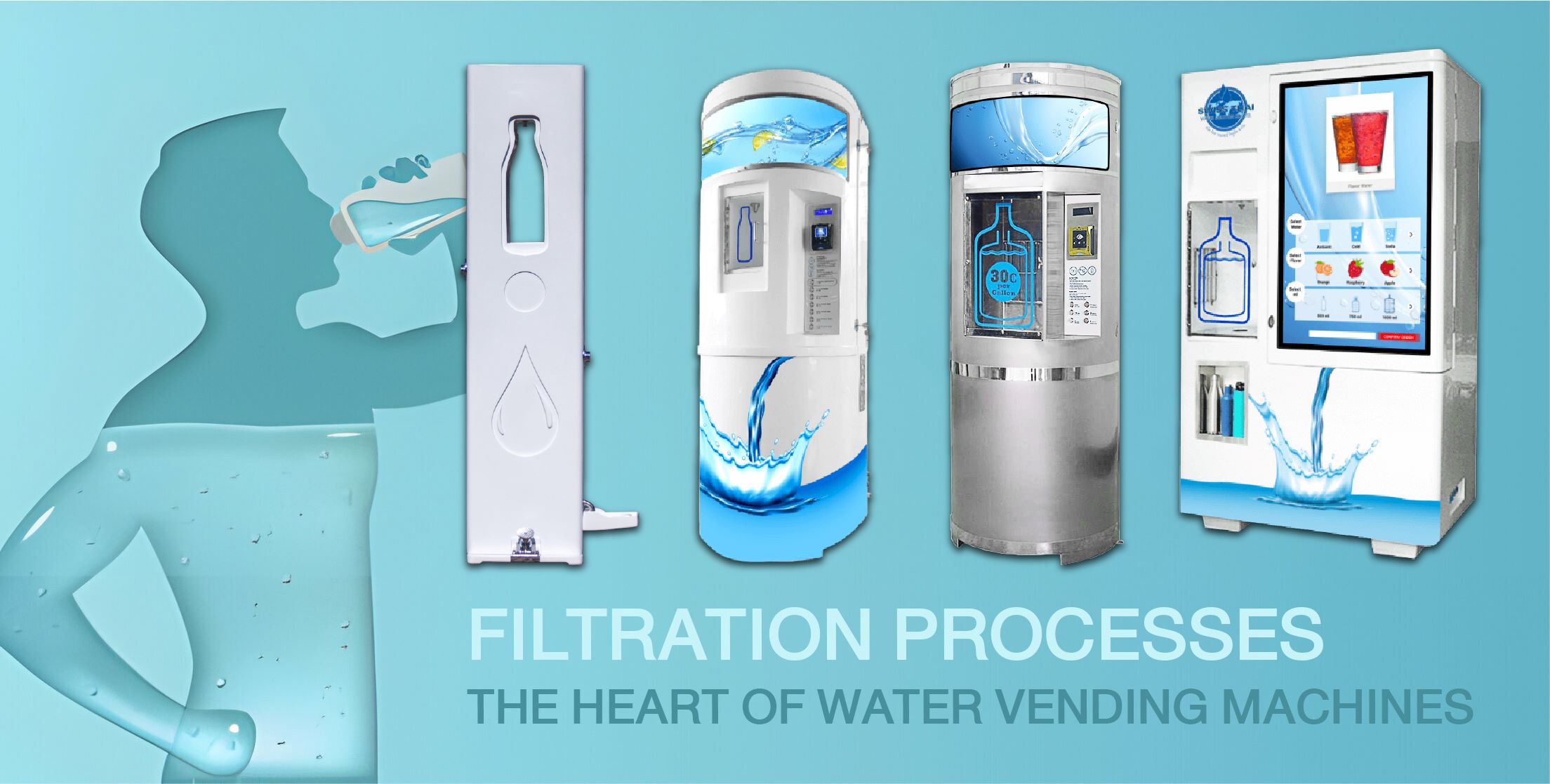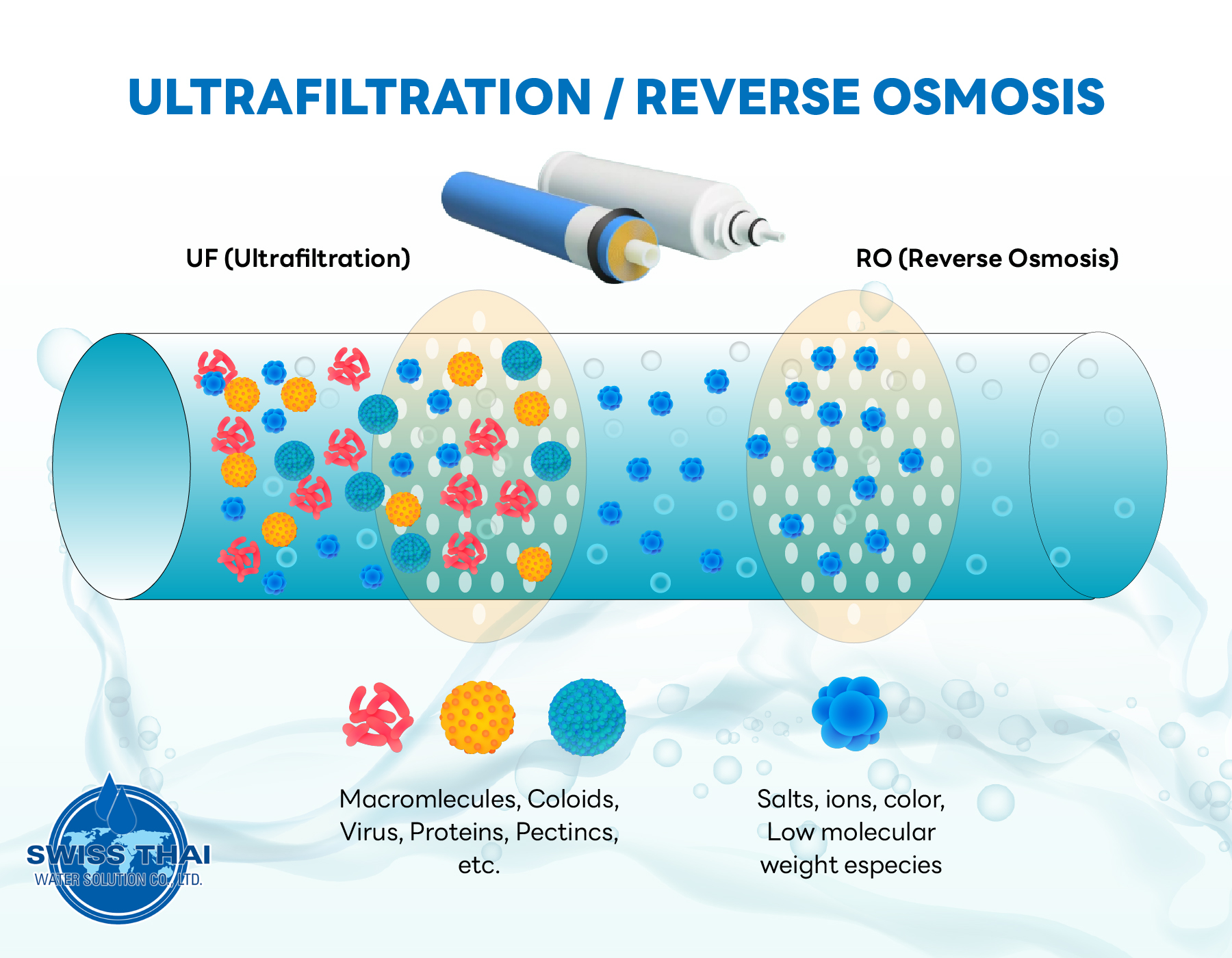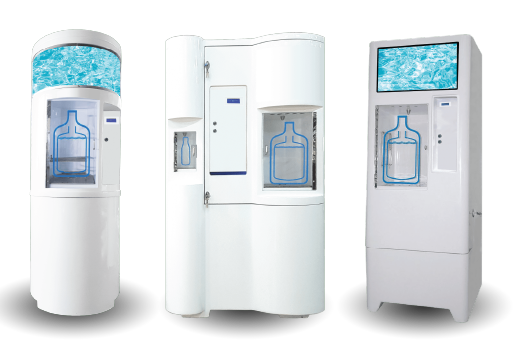
Water vending machines have revolutionized access to clean drinking water, offering convenience and reliability. One of the critical components that ensure the quality of water dispensed is the filtration system. Understanding how these systems work and their significance can help both vendors and consumers make informed choices about water vending machines.

Water filtration systems in vending machines
are designed to remove impurities and contaminants from the water, ensuring it meets safety and quality standards. These systems typically consist of multiple stages, each targeting specific types of pollutants and particles.
The first stage involves a sediment filter, which removes larger particles such as sand, dirt, and rust from the water. This initial filtration helps prevent clogging and protects subsequent filter stages. The water vending machines from Swiss Thai Water Solution go far beyond this by using the best filter media on the market instead of sediment filters, in order to be more efficient and eco-friendly (water, time and energy savings).
Activated carbon filters are commonly used in vending machines to adsorb organic compounds, chlorine, and other chemicals that affect taste and odor. This stage enhances the overall quality and taste of the water.
High-end vending machines utilize reverse osmosis technology or ultra filtration technology, which are highly effective in removing dissolved solids, heavy metals, and other contaminants. For lowest quality incoming water, everse osmosis membranes act as barriers, allowing water molecules to pass through while blocking impurities.
Activated carbon filters are commonly used in vending machines to adsorb organic compounds, chlorine, and other chemicals that affect taste and odor. This stage enhances the overall quality and taste of the water.

Ultraviolet (UV) Sterilization
In advanced water vending machines, such as the ones from Swiss Thai Water Solution, ultraviolet (UV) sterilization is employed to eliminate harmful microorganisms like bacteria and viruses. UV light disrupts the DNA of these pathogens, rendering them inactive and ensuring the water is safe for consumption.
Access to clean, safe drinking water is essential for maintaining health and well-being. Water vending machines play a crucial role in providing communities with a convenient source of quality water. Filtration systems remove potential health hazards, making the water suitable for drinking, cooking, and other purposes.

Catering to Consumer Preferences in Vending Machines
When selecting a water vending machine, it’s essential to consider the type and effectiveness of the filtration system. Factors such as the incoming water quality, desired water characteristics, and regulatory requirements should influence your decision. Knowing the quality of the incoming water is the first step in choosing the appropriate filtration system. Depending on factors like mineral content and contamination levels, different filtration technologies may be necessary.
Some consumers prefer alkaline water for its purported health benefits, while others favor plain or sparkling water. Vending machines management companies must offer a variety of options to cater to their customers preferences.
Compliance with local and national water quality regulations is an absolute mandatory. Ensure that the filtration system meets standards in force and undergoes regular maintenance and testing to guarantee water safety.
Water filtration systems are the backbone of modern vending machines, ensuring that the water dispensed is clean and safe. By understanding the different stages of filtration and their functions, consumers can make informed choices about their drinking water. In an age where access to clean water is paramount, investing in reliable filtration technology is more than just good business—it’s a commitment to public health and well-being, and a a reliable long term investment.

